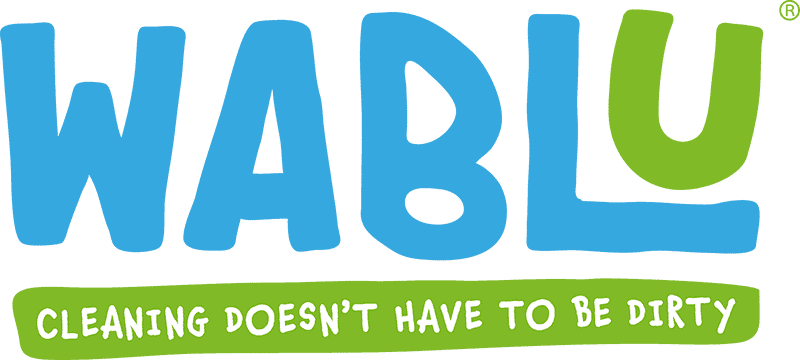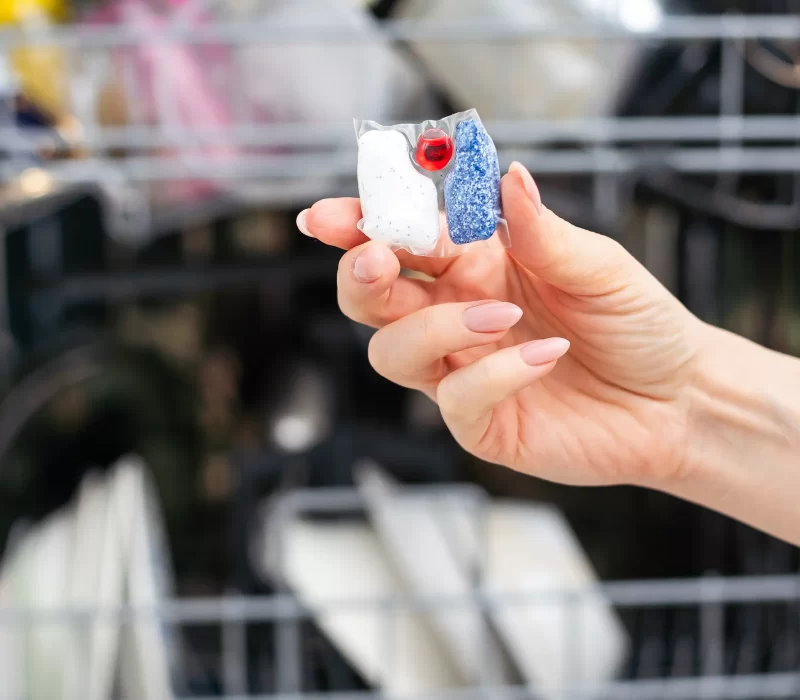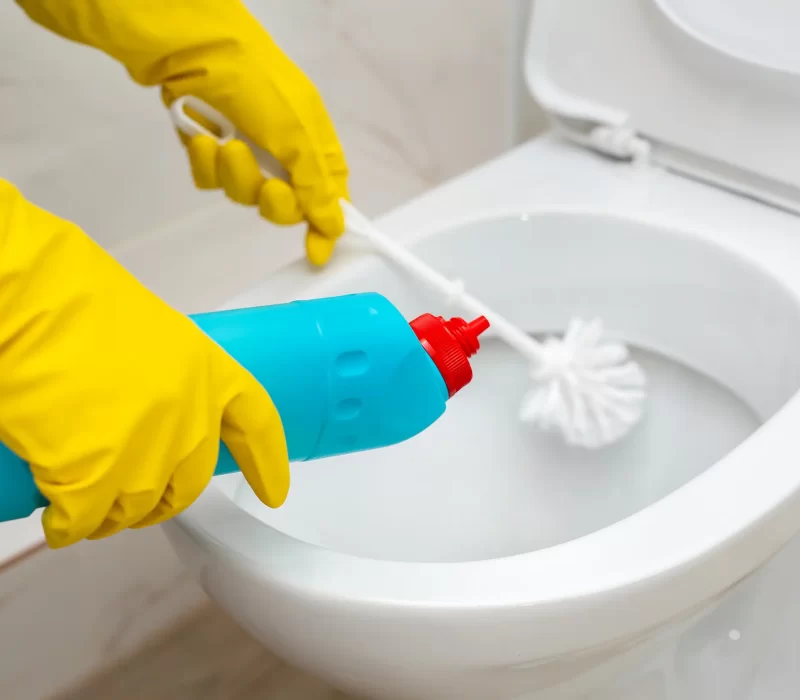Your dishwasher works hard every day to give you spotless dishes, have you ever wondered how you clean a dishwasher to keep it running efficiently? A dirty dishwasher can lead to dirty dishes, bad odours, cloudy glasses, and even a shorter appliance life (which is costly).
Have you ever wondered, “How often should I clean my dishwasher?” or “What’s the best way to clean my dishwasher?” Don’t worry, you’re in the right place.
Follow these expert-approved dishwasher cleaning tips to keep your machine running efficiently while embracing a more eco-friendly cleaning routine.
Why Regular Dishwasher Cleaning is Essential
Dishwashers can last anywhere between 2 to over 10 years. The difference often comes down to proper maintenance and cleaning. Over time, grease, food debris, and limescale build up inside your machine, leading to:
❌ Bad smells
❌ Dirty, streaky dishes
❌ Clogged filters and poor drainage
❌ Increased energy use and poor performance
By deep cleaning your dishwasher monthly, you can keep it fresh, improve performance, and even extend its lifespan (saving you money in the long run). Here’s how!
How to Clean a Dishwasher? A Step-by-Step Guide
1. How to Clean Your Dishwasher Filter
Your dishwasher filter traps food and grease, preventing them from redepositing on your dishes. If you don’t clean it regularly, it can clog and cause smelly buildup.
How to clean your filter:
✔ Remove it from the bottom of the dishwasher
✔ Rinse under warm water and scrub with a soft brush
✔ For stubborn grime, soak it in vinegar or bicarbonate of soda and water
2. Why Dishwasher Salt is Essential for a Deep Clean
Many people skip this step, but dishwasher salt is essential—especially if you live in a hard water area. It prevents limescale buildup and keeps your glasses streak-free.
Pro Tip: Even if your dishwasher has built-in softening features, adding extra dishwasher salt helps improve performance (especially har water areas).
3. The Best Way to Clean a Dishwasher with Eco-Friendly Tablets
To remove hidden grime and grease, run an empty dishwasher cycle once a month using an eco-friendly cleaner.
✅ Pop in a WABLU Naked Wonder Tab®
✅ Set your dishwasher to the hottest cycle
✅ Let it work its magic. It will breakdown grease, limescale, and eliminate odours!
Why use WABLU Dishwasher Tabs?
Unlike mainstream dishwasher tablets, WABLU Naked Wonder Tabs® are 100% plastic-free, made with 99% natural ingredients, and 60% smaller than most other brands — making them better for the planet and your dishwasher.
4. Cleaning Your Dishwasher Door Seals & Gaskets
Door seals and rubber gaskets trap moisture and food particles, which can lead to mould and mildew.
✅ Use a damp cloth to wipe around the seals
✅ For deep cleaning, white vinegar is great at removing stubborn residue
5. Keep Your Dishwasher Spray Arms Clean
Dishwashers rely on spray arms to distribute water evenly. If the tiny holes are blocked, your dishes won’t get properly cleaned.
✔ If you can, remove the spray arms and rinse under warm water
✔ Use a toothpick or fine brush to clear any debris
✔ Reattach and ensure they spin freely
6. Should I Rinse Dishes Before Loading the Dishwasher?
Leaving large food scraps on plates can lead to filter clogs, bad smells, and poor washing results.
✅ Scrape food residue before loading
✅ Avoid pre-rinsing — modern dishwashers are designed to handle dirty dishes, just remove excess food!
7. How to Clean the Dishwasher Drain Filter for Maximum Performance
Some dishwashers have an extra drain filter that collects debris. If yours does, check it every few weeks and remove any food scraps or build-up.
💡 Google your dishwasher model to see if it has a drain filter that needs cleaning! Then watch a YouTube video on how it do it 😊
Disclaimer: This guide is for informational purposes only. We do not take responsibility for any damage caused to dishwashers. Please follow your manufacturer’s instructions on how to clean your dishwasher and only proceed if you feel comfortable. Happy cleaning!




